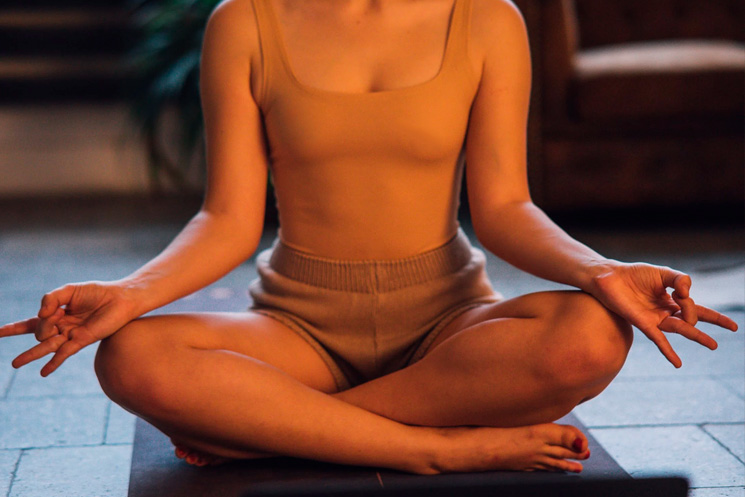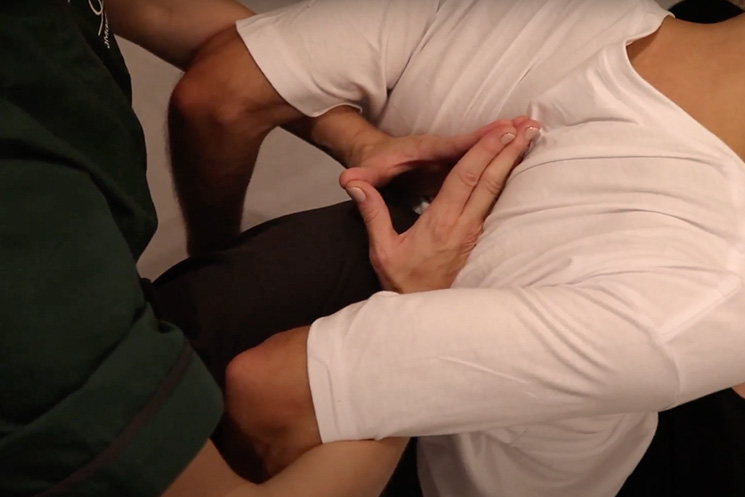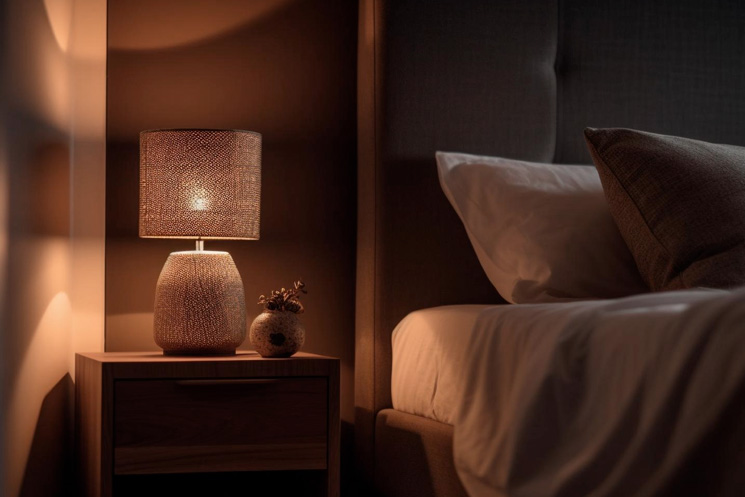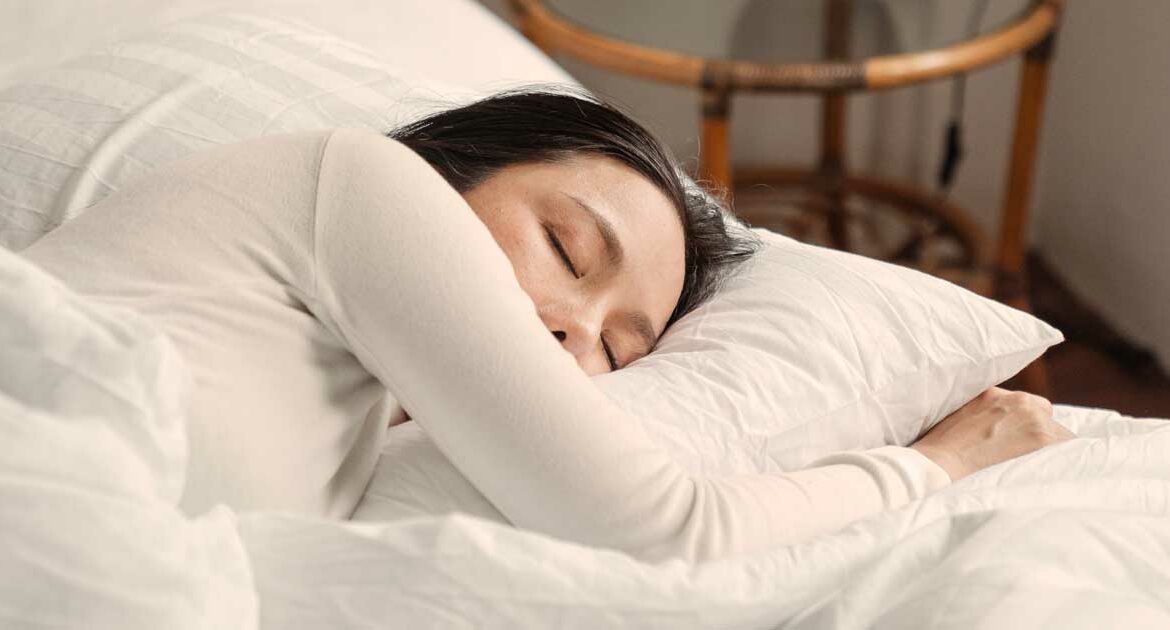For many, fighting insomnia can seem like a never-ending battle. However, before resorting to pharmacological solutions, you can try science-backed natural techniques that can significantly improve the quality of your sleep. Here are three non-invasive methods of fighting insomnia, backed by science, that can help you get a restful night’s sleep.
Meditation

Research shows that meditation can be an ally in the fight against insomnia. A study published in the journal JAMA Internal Medicine showed that mindfulness meditation can help people fall asleep more quickly and stay asleep for longer.
By dedicating a moment of your day to meditation techniques, such as mindfulness, you reduce the activity of the sympathetic nervous system, which is responsible for the “fight or flight” response, and stimulate the parasympathetic nervous system, which promotes relaxation and rest.
Thai massage

Thai massage is much more than an indulgent treatment; it is a form of therapy. A study in the International Journal of Neuroscience suggests that massages can improve the functioning of the parasympathetic nervous system.
The benefits of Thai massage include releasing muscle tension, improving blood circulation and promoting relaxation and mental well-being – all essential elements for good quality sleep. With the release of endorphins during the session, your body is more relaxed and your mind more serene, which facilitates the transition to a deep sleep.
Start experimenting with Thai massage, book a session now.
Environment

Don’t underestimate the power of an optimized sleep environment. According to the National Sleep Foundation, elements such as temperature, lighting and noise are essential for adequate sleep. Keeping the bedroom at a comfortable temperature between 15 and 19 degrees Celsius is a validated sleep-promoting practice.
To cultivate a sleep environment conducive to tranquillity, it is also recommended that you reduce exposure to blue light, which is known to suppress melatonin production, opt for low-intensity light bulbs with a warm color temperature of between 2700K and 3000K, and avoid electronic devices before bed. In addition, creating a dark and quiet environment with the use of sleeping masks and earplugs can facilitate relaxation and promote deeper, more restful sleep.
These three natural strategies to combat insomnia are supported by scientific and holistic evidence and aim not only to induce sleep, but also to increase its quality and duration. Adopting them as part of your night-time routine can reduce dependence on medication and improve your general well-being. As always, it’s important to consult a healthcare professional if insomnia persists, to rule out underlying medical conditions and get personalized advice.



